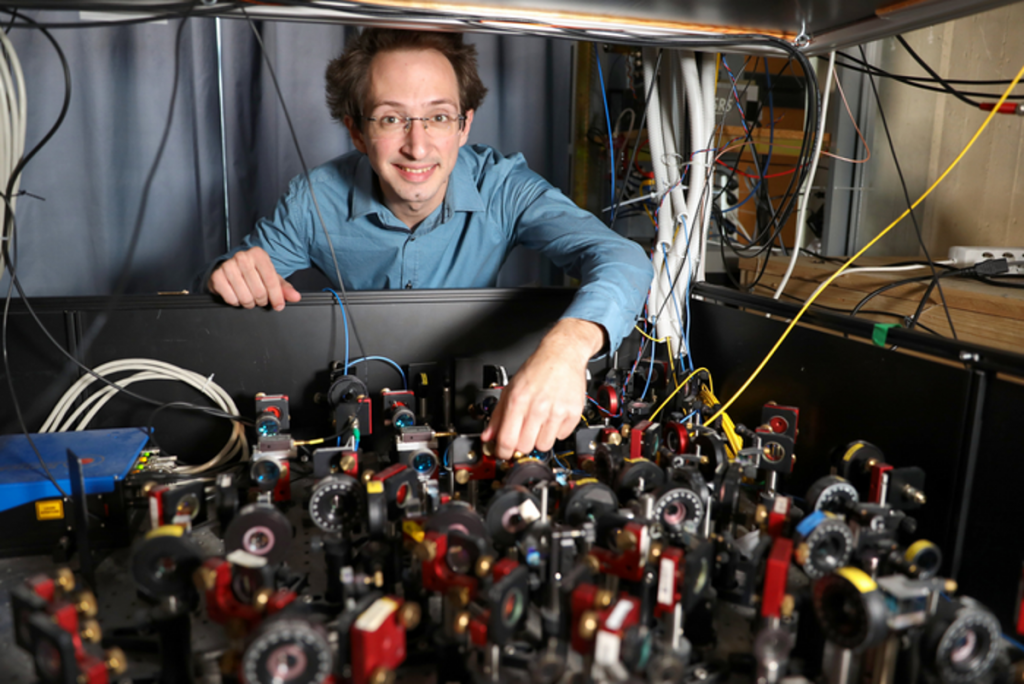Google is totally killing the game when it comes to quantum computing. They just debuted a revolutionary quantum computer– and trust us, it’s a game-changer. This thing can do calculations faster than the speed of light, easily making it more powerful than any traditional supercomputer.
Google’s new quantum technology has been labeled ‘beyond the capabilities of existing classical supercomputers,’ and this milestone proves quantum computing is a realm above traditional computing. This achievement is a huge step forward on the path to quantum domination.
Quantum computing supporters are amped-up about its ability to solve real-world problems like climate change and drug discovery. But, there’s worry that this same tech could create a security nightmare by weakening current encryption.
Four years ago, Google declared “quantum supremacy,” a landmark signifying that quantum computers have overcome classical ones. Competitors disputed this assertion, claiming that Google was exaggerating the gap. However, by demonstrating a more potent quantum computer, Google’s latest work, “Phase Transition in Random Circuit Sampling,” attempts to dispel these uncertainties.
Compared to the 2019 machine with 53 qubits, the latest device boasts 70 qubits. The addition of more qubits exponentially enhances the quantum computer’s computational power, making it 241 million times more powerful than its predecessor.

The researchers conducted a comparison between Google’s quantum computer and Frontier, the world’s leading supercomputer. They found that while Frontier would take 6.18 seconds to match the calculation of Google’s 2019 53-qubit computer, it would require a staggering 47.2 years to match the latest quantum computer.
Additionally, the researchers claimed that their new quantum computer outperformed demonstrations from a leading Chinese lab in terms of managing “noise,” which can disrupt the fragile states of qubits during calculations.
Experts in the field view this breakthrough as a significant milestone. It resolves previous debates about quantum supremacy and establishes Google’s leadership in the field. However, there is consensus that quantum computers must demonstrate more practical functions to deliver tangible value to society.

As Sebastian Weidt, CEO of Universal Quantum, explains, “We really must get to utility quantum computing—an era where quantum computers with many thousand qubits actually begin to deliver value to society in a way that classical computers never will be able to.”
While quantum computing is still in its early stages, Google’s latest achievement paves the way for further advancements and potential applications that could revolutionize various industries and address complex global challenges.


